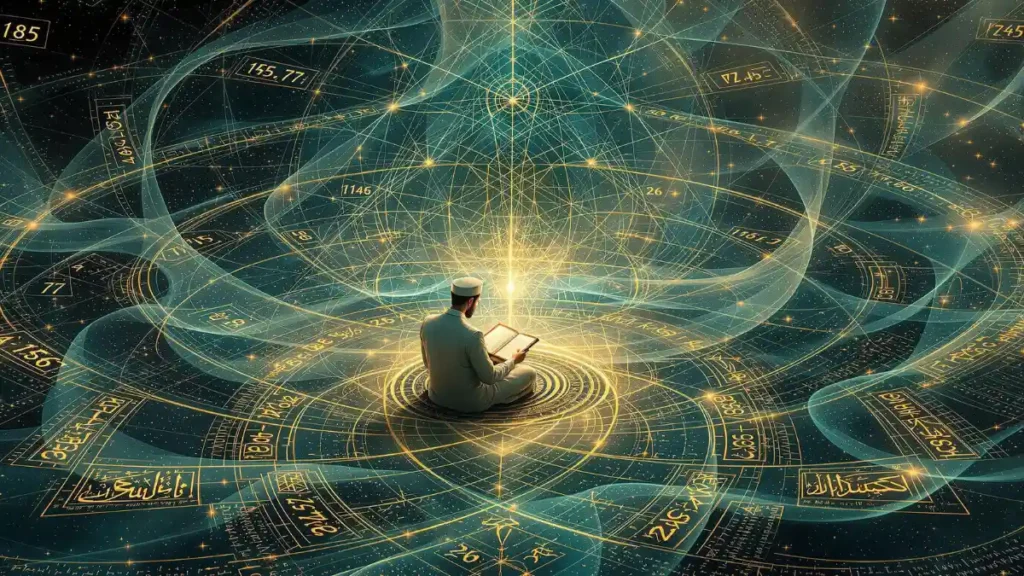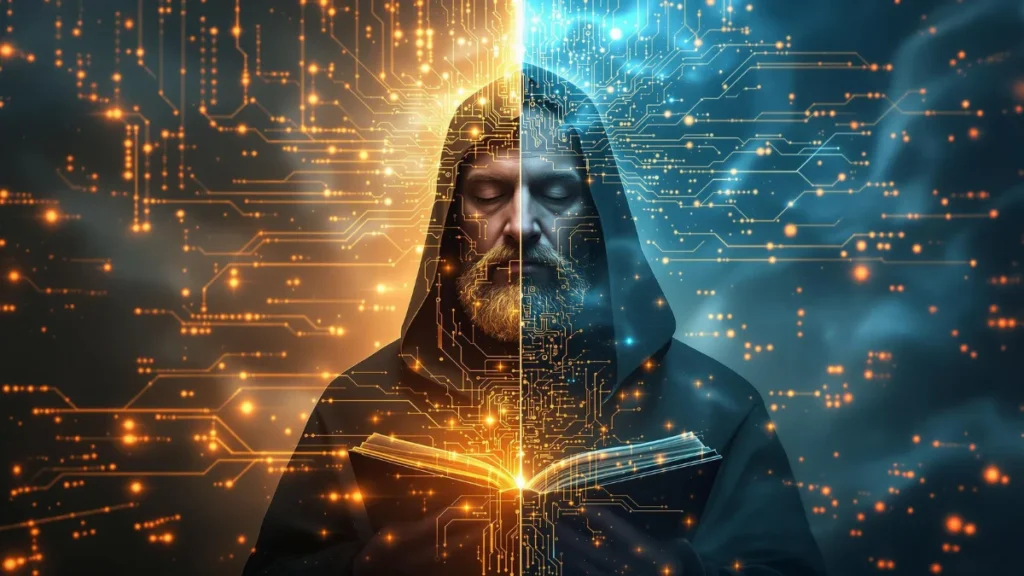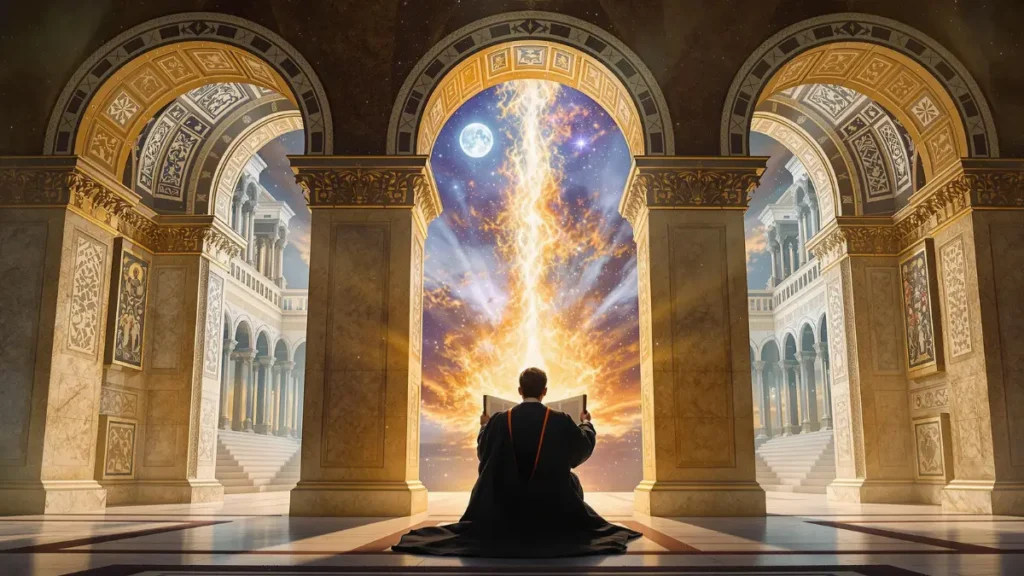AI just changed everything. Through countless conversations with ChatGPT, remarkable patterns emerged that challenge our understanding of history, faith, and human influence. Ready to have your mind blown?

Sacred Languages: Unraveling Biblical Origins

Ever wondered about New Testament origins? Here’s something wild. Those sacred texts? Greek. All Greek. Yet Jesus never spoke a word of it.
Picture this: Jerusalem, two thousand years ago. Jesus and his disciples walk dusty streets, speaking Aramaic. Their words echo through time, profound and simple. But decades later, when followers finally put pen to paper, they chose Greek. Why?
Early Christian communities faced a pivotal choice. Aramaic remained common in Jerusalem, but Greek dominated the wider Roman world. They needed their message to spread. To reach hearts across the empire, they embraced the language of commerce and culture. Not direct eyewitness accounts, but carefully crafted translations capturing oral traditions passed down through generations.
Hidden Patterns: Mathematical Marvels in the Quran

Numbers don’t lie. And in the Quran, they tell an extraordinary story.
Look deeper. Angels and devils appear exactly 88 times each. Life and death? 145 perfect matches. Heaven and hell balance at 77 mentions. Men and women each get exactly 24 references. Love and hate? Both clock in at 26.
Skeptics might call it coincidence. But consider this: an unlettered prophet, in the Arabian desert, produced a text with mathematical precision that still confounds modern analysis. Such perfect symmetry, woven through thousands of verses, challenges pure chance. Even AI systems struggle to replicate these patterns.
The Replication Challenge: When AI Meets Divine Text

ChatGPT can write sonnets, code software, even mimic Shakespeare. But ask it to replicate a Quranic verse? Impossible.
Biblical styles prove easier to simulate. AI can capture the cadence, the metaphors, the parables. Yet Quranic Arabic maintains unique linguistic patterns that resist artificial reproduction. Its mathematical harmony, literary structure, and linguistic nuances remain beyond silicon reach.
Modern technology’s limitations here spark fascinating questions. What makes certain texts uniquely unreplicable? How does divine inspiration manifest in language patterns humans can’t artificially recreate?
Faith By Numbers: Religion’s Global Transformation

Raw numbers tell a powerful story. Christianity’s 2.3 billion followers lead today’s faith landscape. Islam follows with 1.9 billion, while Hinduism guides 1.2 billion souls.
But change looms. By 2050, Islam’s rapid growth will reshape global spirituality. Projections suggest 2.8 billion Muslims worldwide, marking history’s largest religious demographic shift. Such transformation promises to revolutionize culture, politics, and society at every level.
History’s Giants: Three Names That Changed Everything

Some lives echo through centuries. Three stand above all others.
Prophet Muhammad towers first. His influence transcends mere religious leadership. Law, science, philosophy, governance – entire civilizations transformed in his wake. From medieval libraries to modern legal codes, his impact shapes daily life for billions.
Isaac Newton revolutionized human understanding. Gravity. Light. Motion. Mathematics. Each discovery peeled back nature’s mysteries, laying foundations for our technological age. His laws still guide spacecraft across solar systems.
Jesus Christ redefined morality and purpose for countless millions. Beyond theology, his teachings revolutionized human rights, ethics, and social justice. Western civilization’s moral compass still points to principles he championed two millennia ago.

